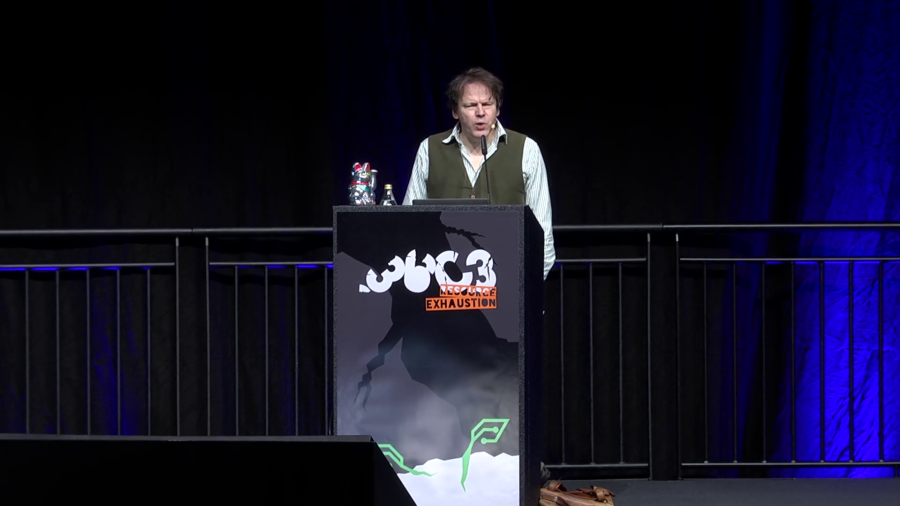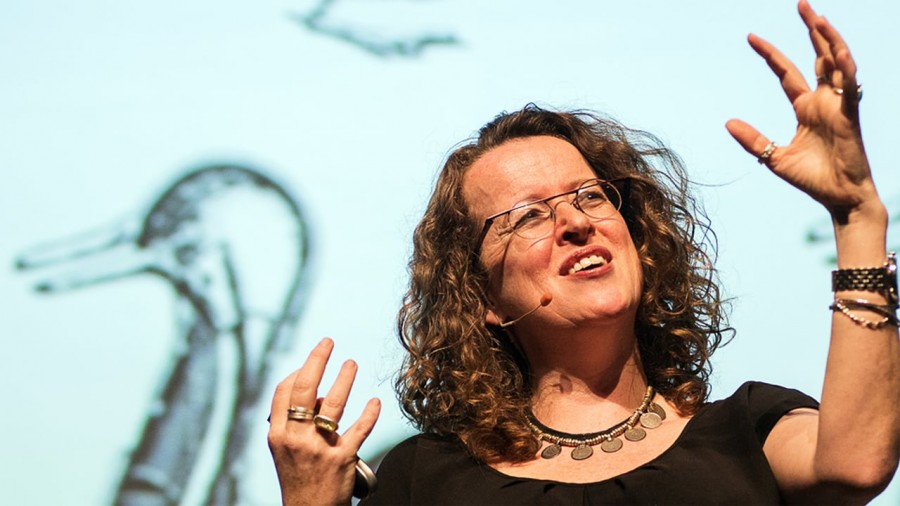I think we need to really think hard about what has been happening to social class relations. And the conclusion that I came to is that essentially the left is applying an outdated paradigm. You know, they’re still thinking in terms of bosses and workers and a kind of old-fashioned industrial sense. Where what’s really going on is that for most people the key class opposition is caregivers versus managers. And essentially, leftist parties are trying to represent both sides at the same time, but they’re really dominated by the latter.
Archive
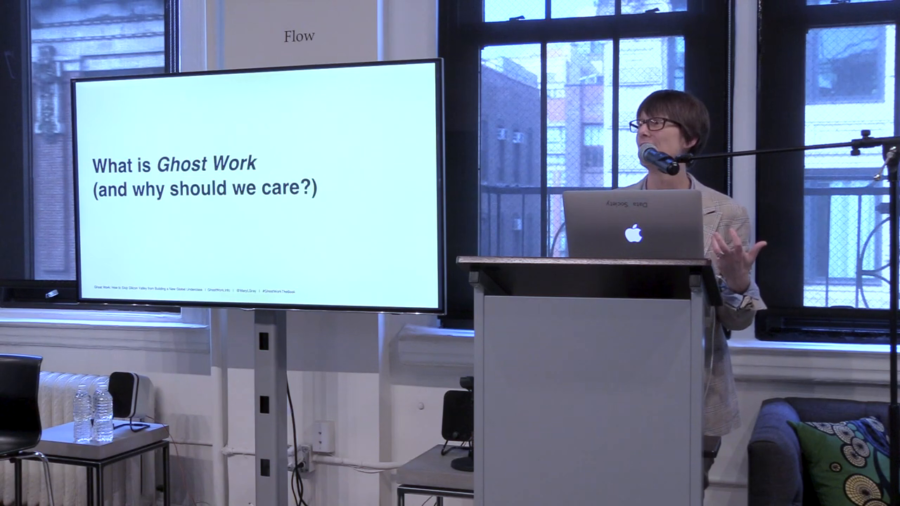
I’m just going to say it, I would like to completely blow up employment classification as we know it. I do not think that defining full-time work as the place where you get benefits, and part-time work as the place where you have to fight to get a full-time job, is an appropriate way of addressing this labor market.
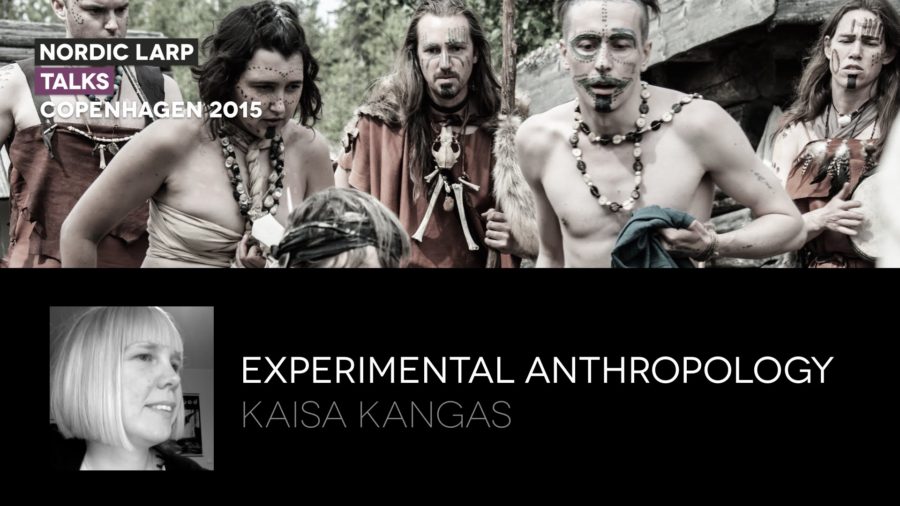
In experimental archaeology, we could for instance try to make the kind of shoes that our hunter-gatherer ancestors might have had, and test how long they last in use.
But what if we are interested in completely different kinds of questions. Like, did they have rules for whom you’re allowed to have sex with? How did they raise their kids? We could always look at existing hunter-gatherer cultures and guess that the culture might have been similar. But could we attempt to test our hypotheses, someway?
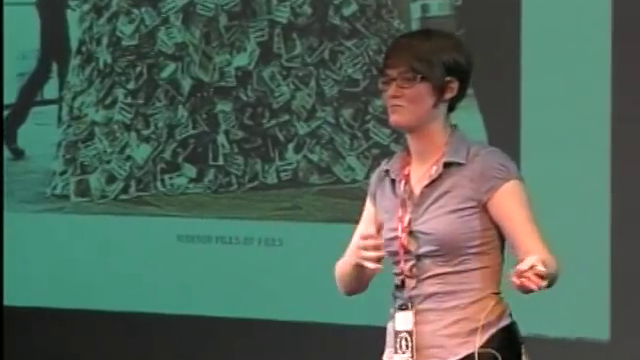
When you look at your online profile, is that really you? It’s a representation of you that can be acted on when you’re not there. But where do you end and the machine begins? The thing is that humans and technology have coevolved with each other over time, being very very cocreative. We have survived because of technology, and technology has survived because of us.
I see a set of constraints facing us in the future, and they’re all going to be very expensive. First is funding retirements for the Baby Boom generation. Second is continuing increases in the costs of healthcare. The third is replacing decaying infrastructure. The fourth is adapting to climate change and repairing environmental damage. The fifth is developing new sources of energy. The sixth is what I see as in all likelihood continuing high military costs. The seventh is the costs of innovation.
I always wonder about people that are very pro-tech on the Left, for example. “Oh, we’ve got to keep all this. Of course. That’d be crazy.” You know, you want to preserve all of the level of technology. The question that occurs to me is, oh so you want to keep how many hundreds of millions of people in the mines, in the smelters, in the foundries, in the assembly lines? I would like to see them be able to do something else. But you’re going to have to keep them there one way or another if you want to have all this stuff.

